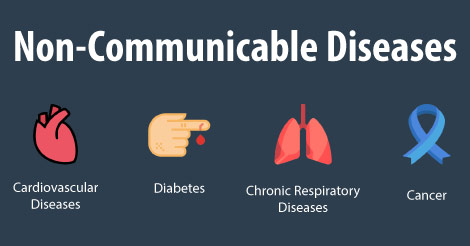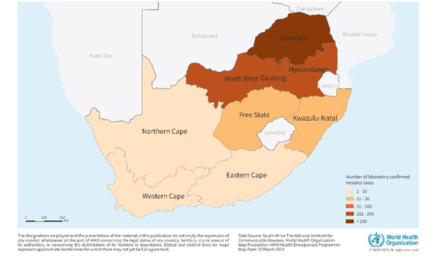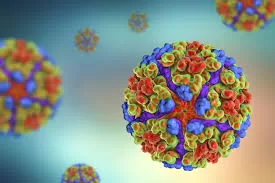The Thalassemia Patient Advocacy Group (TPAG) has extended congratulations to J.P. Nadda on his appointment as the Minister of Health and Family Welfare, urging him to bring the genetic blood disorder ‘thalassemia’ into the national spotlight.
“We are confident that, under your astute leadership, the health and well-being of our nation will continue to improve and flourish,” said Anubha Taneja Mukherjee, Member Secretary of TPAG. Mukherjee’s statement reflects the group’s optimism that Nadda’s leadership will pave the way for significant advancements in healthcare policies addressing thalassemia.
Thalassemia is a considerable health concern in India, impacting a substantial number of individuals and families. As an inherited blood disorder, it necessitates continuous medical attention and a comprehensive healthcare strategy to manage and mitigate its effects.
Despite advancements in medical science and various initiatives, TPAG highlighted that many thalassemia patients continue to face significant challenges. These challenges stem from a lack of awareness, delayed diagnoses, and insufficient treatment facilities.
“Increased awareness and focused initiatives can significantly improve the quality of life for those affected by this disorder,” TPAG mentioned. The group emphasized the importance of integrating thalassemia awareness into national health campaigns to ensure timely intervention and support for patients.
To address these issues, TPAG has called on Minister Nadda to consider several critical actions:
- Ensuring access to safe blood transfusions for patients.
- Providing job guarantees for thalassemia patients under the Rights of Persons with Disabilities (RPWD) Act 2016.
- Establishing parity between thalassemia and sickle cell anemia prevention programs.
- Promoting indigenous gene therapy research for a complete cure.
The advocacy group believes that with concerted efforts and government support, the quality of life for thalassemia patients can be significantly improved, ultimately reducing the burden of this genetic disorder on Indian society.











